As I wrote in last month’s Training Tips for Ships, “If you do not measure it, you cannot manage it. This is especially true with training because the inputs (the training provided) are often far removed in time and apparent direct causality from the key output (performance). Therefore, it is important that we measure everywhere we can”.To address this problem, we discussed the value of student evaluations…
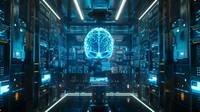
Training Tips for Ships [#60]Last month’s Training Tips for Ships discussed the role of Artificial Intelligence (AI) in the future of maritime training. My thoughts on this were triggered by the recent headline in the Financial Times: “Andreessen Horowitz raises $7…

Tip #49 - Embracing Technology for Effective Maritime TrainingThe maritime industry, like so many others, has experienced a wave of technical advances in recent years. These changes have opened new doors for enhancing the quality of training and skill development for maritime professionals…

In the maritime industry, seafarer safety and professionalism are critical to ensuring smooth operations and minimizing risks. As technical advancements continue to reshape every industry including ours, large language models like ChatGPT and…

Is the “old” way of generating maritime training content about to be disrupted? Are we witnessing the beginning of a sea change in the creation of training content and potentially in how trainees interact with that content?In the previous edition of Training Tips for Ships…

We’ve all been hearing so incredibly much about ChatGPT - its abilities, limitations, potential, promise and risks. So, let’s talk about it as it relates to maritime training.ChatGPT is an application developed by OpenAI that can generate human-like text…
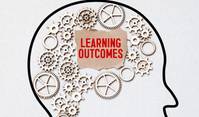
In the previous edition of Training Tips for Ships we discussed the choice of media for learning materials and which media would lead to the best results. Is it text? Images? Videos? Interactive exercises and simulations? All too commonly it…
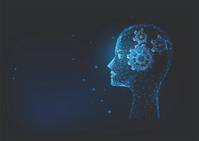
What is the difference between knowledge and skills? Which should we focus more on in our training, and how does one influence the other?When we think about the most important mariner quality, often the first thing that comes to mind is skill…

Very few people live day-to-day expecting a disaster. However, disasters do happen and a critical component of business continuity is ensuring that when disaster strikes, our critical systems are returned to normal operations as quickly and efficiently as possible…
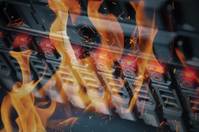
A customer once told me that they had just completed a business continuity analysis and had identified their LMS as their second most mission-critical technology - second only to payroll! Take a moment to consider how much you rely on training technologies to sustain your operations and compliance…

As we greet 2021, it seems fitting to address a “big” topic - a topic that is ultimately going to change everything, including (and perhaps especially) training. The topic is “big data”. The goal of today’s Training Tip for Ships is to get us thinking about big data in training…
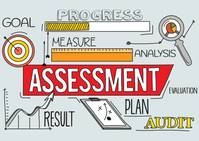
In last month’s Training Tips for Ships, we spoke about the value of creating a culture of learning. Even though many organizations have yet to achieve a healthy learning culture, the concept itself is not controversial. The value is self-evident and universally understood…
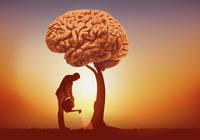
We all think about how to train to produce better outcomes – because better training outcomes mean better performance, safer operations, and employees who are more engaged and more satisfied. But there is a much “bigger picture” goal that only…
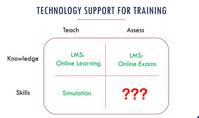
Ours is both a knowledge-based and skill-based industry. We know this. Yet our training does not address both aspects equally. And until it does, we are needlessly sacrificing safety and performance. There is more we can do.Maritime workers…

We must assess our trainees. Yet we have all heard the complaints they raise about assessments: “I am a bad test-writer”, “this test was much more difficult than I expected”, “I know the material but I did not understand the questions”, “I was nervous…



